Events
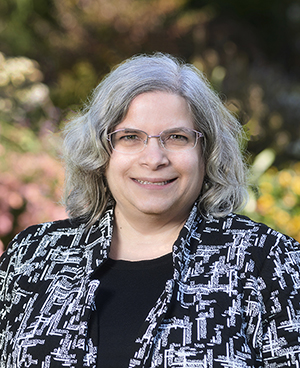
This Universal Design for Learning (UDL) course is self-directed and asynchronous. The course provides an introduction to the rationale for UDL, supporting research, applications of UDL. We welcome instructors and designers who embrace student variability, strive for equity, and seek to empower students. Participants will explore UDL terms, principles, structures, and applications, and ways to adapt teaching practices.
Apply anytime at the following link: https://psu.catalog.instructure.com/browse/wcfd/courses/ol-3600-universal-design-for-learning-2025. You will have 60 days to complete the course.
Facilitated by Mary Ann Tobin, this course is a collaboration between the Schreyer Institute and World Campus Online Faculty Development.
Penn State encourages persons with disabilities to participate in its programs and activities. If you anticipate needing any type of accommodation or have questions about the physical access provided, please contact SITE at site@psu.edu or call 814-863-2599 at least 2 weeks prior to the start of the program to allow sufficient time to effectively meet your access needs.
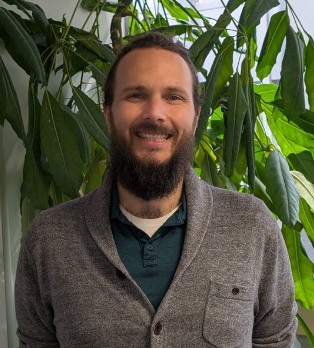
The rise of generative AI is challenging traditonal models of assessment. In this workshop, we will explore practical stratgies for building flexible, resilient assessments that withstand evolving AI capabilities and harness AI to support learning.
Penn State encourages persons with disabilities to participate in its programs and activities. If you anticipate needing any type of accommodation or have questions about the physical access provided, please contact SITE at site@psu.edu or call 814-863-2599 at least 2 weeks prior to the start of the program to allow sufficient time to effectively meet your access needs.
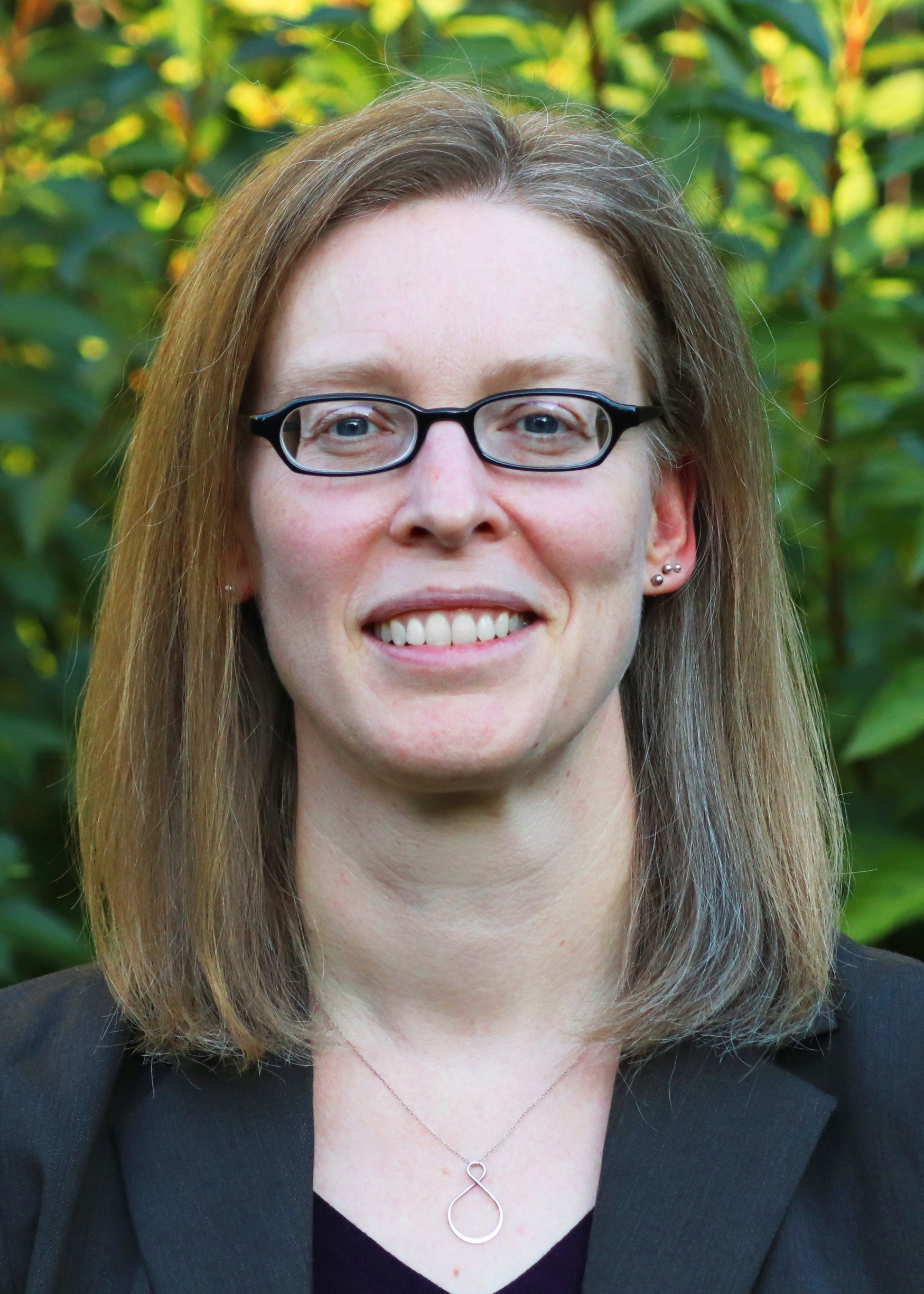
Our learners are more diverse than ever and bring a wide range of experiences, perspectives, and skills into our learning environments. Inclusive teaching practices aim to support all learners to reach their full potential, and it takes continuous and intentional work to create inclusive environments. In this interactive session, we will discuss how we can start setting the tone for an inclusive learning environment beginning with our first interaction with students. We will focus on the learning-centered syllabus and strategies for the first day of classes.

In this webinar, participants will discover the types of student learning assessments and begin to consider how they might effectively measure learning in their courses.
Registration will close 1 hour before the event starts. Registrants will receive a Zoom link at least 1 hour before the event.
Penn State encourages persons with disabilities to participate in its programs and activities. If you anticipate needing any type of accommodation or have questions about the physical access provided, please contact SITE at site@psu.edu or call 814-863-2599 at least 2 weeks prior to the start of the program to allow sufficient time to effectively meet your access needs.

Our learners are more diverse than ever and bring a wide range of experiences, perspectives, and skills into our learning environments. Inclusive teaching practices aim to support all learners to reach their full potential, and it takes continuous and intentional work to create inclusive environments. In this interactive session, we will discuss how we can start setting the tone for an inclusive learning environment beginning with our first interaction with students. We will focus on the learning-centered syllabus and strategies for the first day of classes.
Penn State encourages persons with disabilities to participate in its programs and activities. If you anticipate needing any type of accommodation or have questions about the physical access provided, please contact SITE at site@psu.edu or call 814-863-2599 at least 2 weeks prior to the start of the program to allow sufficient time to effectively meet your access needs.

As generative AI tools like ChatGPT become increasingly available, students need not only technical familiarity but also a critical understanding of how these tools shape thinking, creativity, and scholarship. In this workshop we will discuss strategies to introduce AI concepts in your courses and design activities that help students reflect on appropriate and ethical uses.
Penn State encourages persons with disabilities to participate in its programs and activities. If you anticipate needing any type of accommodation or have questions about the physical access provided, please contact SITE at site@psu.edu or call 814-863-2599 at least 2 weeks prior to the start of the program to allow sufficient time to effectively meet your access needs.

Did you know that students who feel a strong sense of belonging are more likely to thrive academically and personally? In this interactive session, we will dive into practical strategies to cultivate students' sense of belonging in our courses and beyond.
Penn State encourages persons with disabilities to participate in its programs and activities. If you anticipate needing any type of accommodation or have questions about the physical access provided, please contact SITE at site@psu.edu or call 814-863-2599 at least 2 weeks prior to the start of the program to allow sufficient time to effectively meet your access needs.

Did you know that students who feel a strong sense of belonging are more likely to thrive academically and personally? In this interactive session, we will dive into practical strategies to cultivate students' sense of belonging in our courses and beyond.
Penn State encourages persons with disabilities to participate in its programs and activities. If you anticipate needing any type of accommodation or have questions about the physical access provided, please contact SITE at site@psu.edu or call 814-863-2599 at least 2 weeks prior to the start of the program to allow sufficient time to effectively meet your access needs.

As generative AI tools like ChatGPT become increasingly available, students need not only technical familiarity but also a critical understanding of how these tools shape thinking, creativity, and scholarship. In this workshop we will discuss strategies to introduce AI concepts in your courses and design activities that help students reflect on appropriate and ethical uses.
Penn State encourages persons with disabilities to participate in its programs and activities. If you anticipate needing any type of accommodation or have questions about the physical access provided, please contact SITE at site@psu.edu or call 814-863-2599 at least 2 weeks prior to the start of the program to allow sufficient time to effectively meet your access needs.

The rise of generative AI is challenging traditional models of assessment. In this workshop, we will explore practical strategies for building flexible, resilient assessments that withstand evolving AI capabilities and harness AI to support learning.

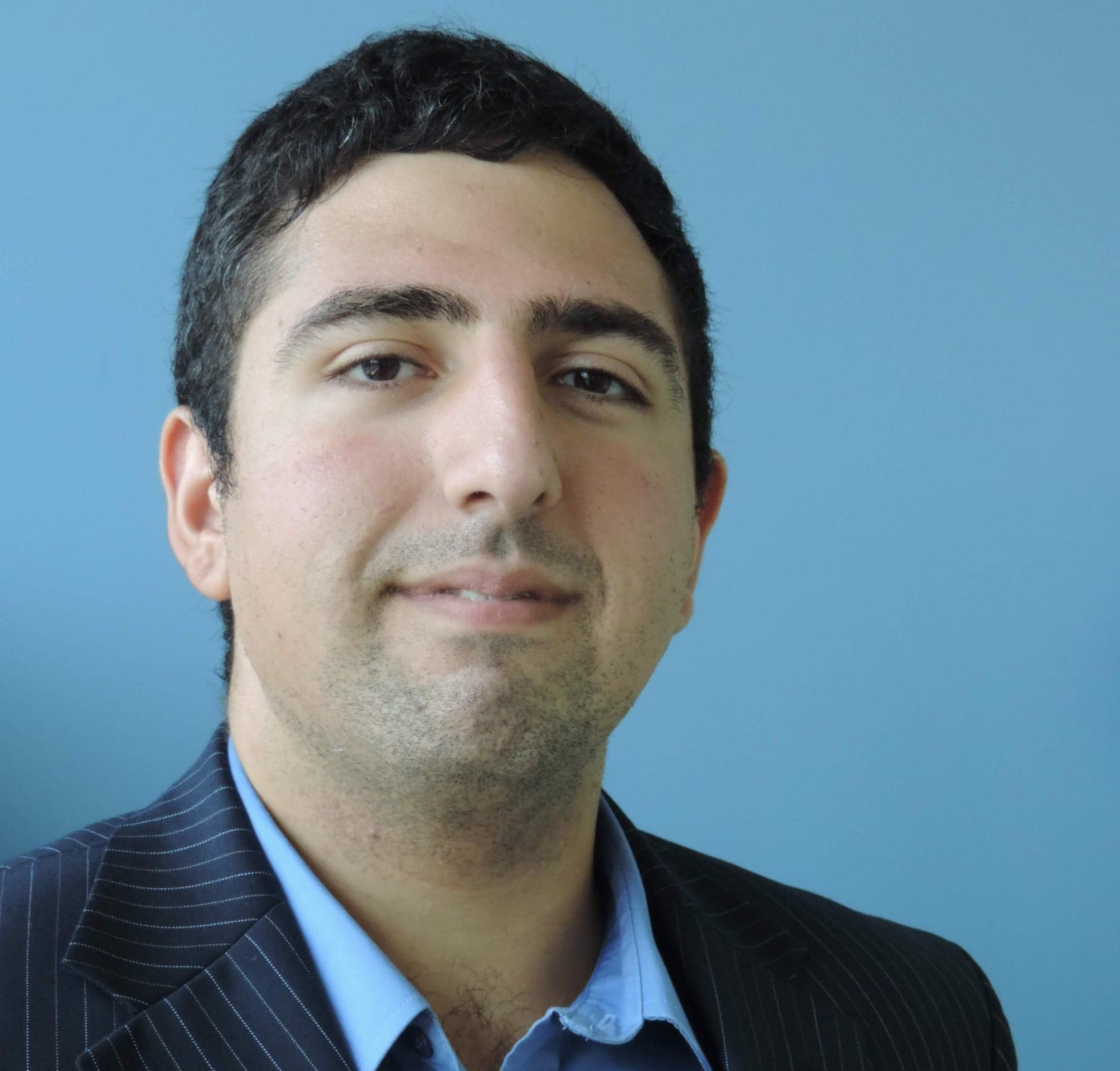
Teaching assistants have a crucial role—and one that can be challenging. In this interactive workshop, we’ll share advice to help TAs navigate their role to meet the needs of undergraduate learners, faculty, and TAs’ own professional development.
Registrants will receive a Zoom link at least 45 minutes before the presentation begins.
Penn State encourages persons with disabilities to participate in its programs and activities. If you anticipate needing any type of accommodation or have questions about the access provided, please contact the Schreyer Institute for Teaching Excellence at SITE@psu.edu or call 814-863-2599 at least 2 weeks prior to the start of the program to allow sufficient time to effectively meet your access needs.

Registration will close 1 hour before the event starts. Registrants will receive a Zoom link at least 1 hour before the event.

In this workshop, we will examine what inclusive and ethical teaching is and why it matters for student learning. In addition to discussing practices that can create an inclusive and welcoming learning environment during the first few weeks of the semester, we will also look beyond the critical first weeks and determine a set of inclusive and ethical teaching practices that can be implemented throughout the semester.
Penn State encourages persons with disabilities to participate in its programs and activities. If you anticipate needing any type of accommodation or have questions about the physical access provided, please contact SITE at site@psu.edu or call 814-863-2599 at least 2 weeks prior to the start of the program to allow sufficient time to effectively meet your access needs.

In this workshop, we will examine what inclusive and ethical teaching is and why it matters for student learning. In addition to discussing practices that can create an inclusive and welcoming learning environment during the first few weeks of the semester, we will also look beyond the critical first weeks and determine a set of inclusive and ethical teaching practices that can be implemented throughout the semester.
Penn State encourages persons with disabilities to participate in its programs and activities. If you anticipate needing any type of accommodation or have questions about the physical access provided, please contact SITE at site@psu.edu or call 814-863-2599 at least 2 weeks prior to the start of the program to allow sufficient time to effectively meet your access needs.

In this interactive workshop, we’ll explore practical strategies for planning individual class sessions, with special attention to the alignment of learning objectives, assessments, and learning activities.
Registrants will receive a Zoom link at least 45 minutes before the workshop begins.
Penn State encourages persons with disabilities to participate in its programs and activities. If you anticipate needing any type of accommodation or have questions about the access provided, please contact the Schreyer Institute for Teaching Excellence at SITE@psu.edu or call 814-863-2599 at least 2 weeks prior to the start of the program to allow sufficient time to effectively meet your access needs.

In this interactive workshop, we’ll explore practical strategies for planning individual class sessions, with special attention to the alignment of learning objectives, assessments, and learning activities.
Registrants will receive a Zoom link at least 45 minutes before the workshop begins.
Penn State encourages persons with disabilities to participate in its programs and activities. If you anticipate needing any type of accommodation or have questions about the access provided, please contact the Schreyer Institute for Teaching Excellence at SITE@psu.edu or call 814-863-2599 at least 2 weeks prior to the start of the program to allow sufficient time to effectively meet your access needs.

Disruptive situations can occur in any course. In this interactive workshop, we’ll discuss ways to create a climate where disruptive behavior is less likely to occur--and to get the learning back on track when it does.
Registration will close one hour before the workshop begins. Registrants will receive a Zoom link at least 45 minutes before the event begins.
Penn State encourages persons with disabilities to participate in its programs and activities. If you anticipate needing any type of accommodation or have questions about the access provided, please contact the Schreyer Institute for Teaching Excellence at SITE@psu.edu or call 814-863-2599 at least 2 weeks prior to the start of the program to allow sufficient time to effectively meet your access needs.

Disruptive situations can occur in any course. In this interactive workshop, we’ll discuss ways to create a climate where disruptive behavior is less likely to occur--and to get the learning back on track when it does.
Registration will close one hour before the workshop begins. Registrants will receive a Zoom link at least 45 minutes before the event begins.
Penn State encourages persons with disabilities to participate in its programs and activities. If you anticipate needing any type of accommodation or have questions about the access provided, please contact the Schreyer Institute for Teaching Excellence at SITE@psu.edu or call 814-863-2599 at least 2 weeks prior to the start of the program to allow sufficient time to effectively meet your access needs.

This interactive workshop offers participants a first look at active learning and how active learning can be used in the classroom. Participants will build their understanding of what active learning is, how to effectively use active learning, and methods and techniques to leverage active learning in their own teaching/TAing.
Registrants will receive a Zoom link at least 45 minutes before the workshop begins.
Penn State encourages persons with disabilities to participate in its programs and activities. If you anticipate needing any type of accommodation or have questions about the access provided, please contact the Schreyer Institute for Teaching Excellence at SITE@psu.edu or call 814-863-2599 at least 2 weeks prior to the start of the program to allow sufficient time to effectively meet your access needs.


The Course in College Teaching (CCT) provides an opportunity for faculty, graduate students, and postdoc instructors from all disciplines to collaboratively explore effective teaching and learning. This free, non-credit course includes discussion and practice based on information drawn from the teaching-and-learning literature, as well as from the teaching experiences of individual participants.
The Fall 2025 Course in College Teaching will be held remotely from September 11 through October 30. Five of the sessions will be held synchronously in Zoom on Thursdays from 1:00-3:00 p.m. Eastern Time. Three other sessions will be asynchronous in Canvas.
In order to receive the course completion certificate, participants must attend at least four of the synchronous sessions and complete all assignments and activities, including asynchronous work.
Assignments include the following:
-- Leading 2 synchronous "micro-teaches" (each is a 10-minute teaching session) and writing brief reflections on those experiences
-- Completing weekly assigned, brief readings
-- Participating in asynchronous discussions and other activities online
To apply: https://tinyurl.com/CCT-Fall-2025
The application deadline is September 1, 2025. Space is limited.
Penn State encourages persons with disabilities to participate in its programs and activities. If you anticipate needing any type of accommodation or have questions about the access provided, please contact the Schreyer Institute for Teaching Excellence at SITE@psu.edu or call 814-863-2599 at least 2 weeks prior to the start of the program to allow sufficient time to effectively meet your access needs.

Penn State is part of the international CIRTL Network, which focuses on preparing the next generation of faculty to teach effectively. Join us for this brief overview of how CIRTL programming—both at Penn State and through the 45-university network—can help grad students and postdocs to 1) strengthen their teaching skills and 2) document their professional development through CIRTL certification.
Penn State encourages persons with disabilities to participate in its programs and activities. If you anticipate needing any type of accommodation or have questions about the access provided, please contact the Schreyer Institute for Teaching Excellence at SITE@psu.edu or call 814-863-2599 at least 2 weeks prior to the start of the program to allow sufficient time to effectively meet your access needs.

In this interactive workshop especially for graduate students and postdocs, we'll explore decisions that instructors confront in relation to AI: when (or whether) to encourage students to use AI in a course; when (or whether) to constrain students from using AI; and how to communicate clear guidance and rationales to students.
Registrants will receive a Zoom link at least 45 minutes before the presentation begins.
Penn State encourages persons with disabilities to participate in its programs and activities. If you anticipate needing any type of accommodation or have questions about the access provided, please contact the Schreyer Institute for Teaching Excellence at SITE@psu.edu or call 814-863-2599 at least 2 weeks prior to the start of the program to allow sufficient time to effectively meet your access needs.

International instructors and TAs might sometimes find it challenging to navigate the attitudes and values inherent in U.S. undergraduate education. In this interactive workshop, we'll explore practical strategies that international instructors/TAs can implement.
Registrants will receive a Zoom link at least 45 minutes before the workshop begins.
Penn State encourages persons with disabilities to participate in its programs and activities. If you anticipate needing any type of accommodation or have questions about the access provided, please contact the Schreyer Institute for Teaching Excellence at SITE@psu.edu or call 814-863-2599 at least 2 weeks prior to the start of the program to allow sufficient time to effectively meet your access needs.

Do you view the people in your classroom as students ... or as learners? As those there for the grade ... or as those who will become future colleagues? In this workshop, we will discuss and investigate the ways we can nurture positive, productive identities in our students. We will explore topics such as identities, their effect on students’ experience in the classroom, and ways that we as teachers can play a role in identity development.
Registrants will receive a Zoom link at least 45 minutes before the workshop begins.
Penn State encourages persons with disabilities to participate in its programs and activities. If you anticipate needing any type of accommodation or have questions about the access provided, please contact the Schreyer Institute for Teaching Excellence at SITE@psu.edu or call 814-863-2599 at least 2 weeks prior to the start of the program to allow sufficient time to effectively meet your access needs.
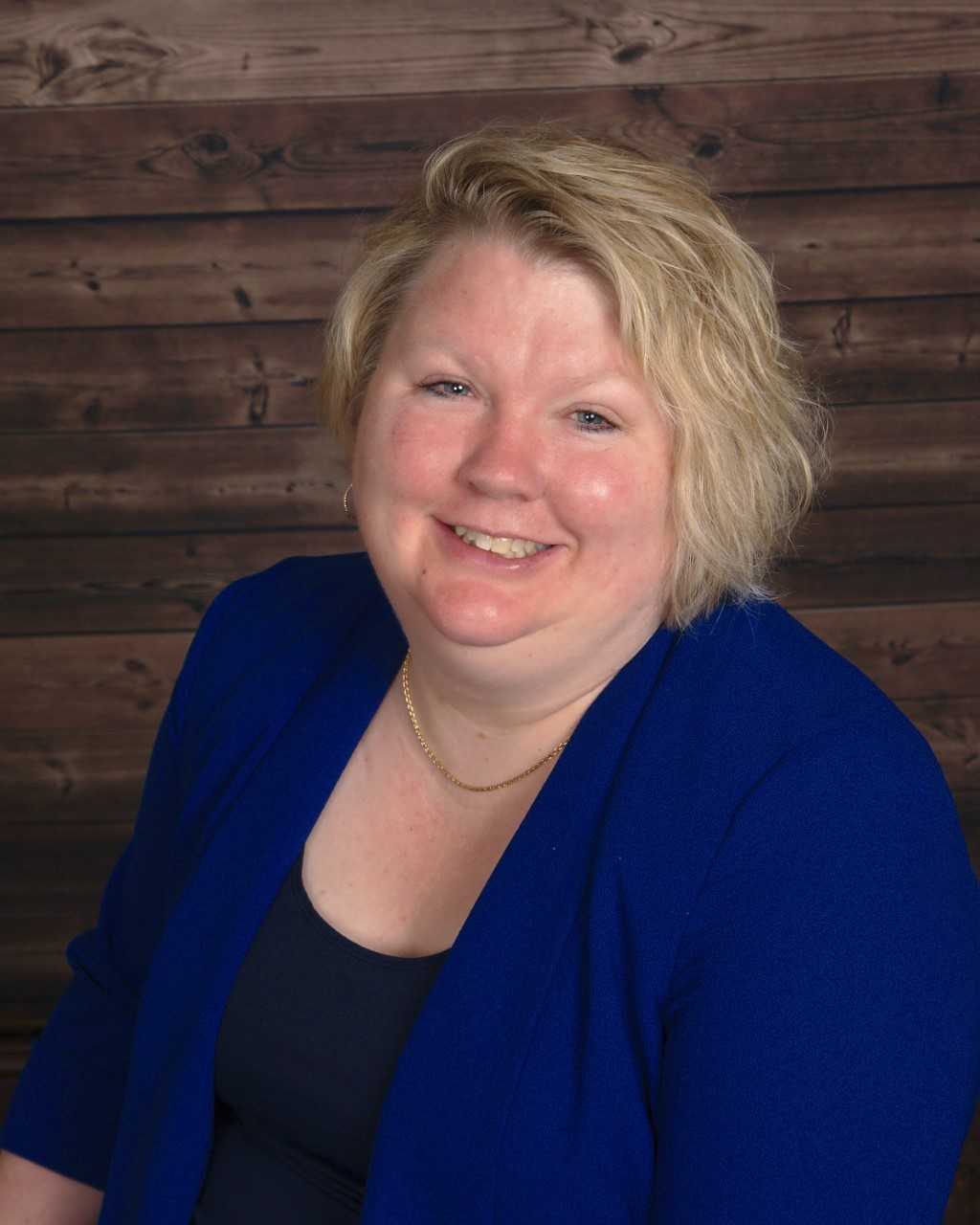
Have you ever considered publishing on your teaching and learning practice? In this interactive workshop, you will learn more about what Teaching and Learning Scholarship (also called SoTL) is, how you can integrate it into your scholarly work, and reasons why you might want to. During the session, you will have the opportunity to explore new and existing research in your discipline while also getting a head start on potential projects of your own.
Registration will close one hour before the event starts. Registrants will receive a Zoom link at least 45 minutes before the event.
Penn State encourages persons with disabilities to participate in its programs and activities. If you anticipate needing any type of accommodation or have questions about the access provided, please contact the Schreyer Institute for Teaching Excellence at SITE@psu.edu or call 814-863-2599 at least 2 weeks prior to the start of the program to allow sufficient time to effectively meet your access needs.

Penn State is part of the international CIRTL Network, which focuses on preparing the next generation of faculty to teach effectively. Join us for this brief overview of how CIRTL programming—both at Penn State and through the 45-university network—can help grad students and postdocs to 1) strengthen their teaching skills and 2) document their professional development through CIRTL certification.
Registrants will receive a Zoom link at least 45 minutes before the presentation begins.
Penn State encourages persons with disabilities to participate in its programs and activities. If you anticipate needing any type of accommodation or have questions about the access provided, please contact the Schreyer Institute for Teaching Excellence at SITE@psu.edu or call 814-863-2599 at least 2 weeks prior to the start of the program to allow sufficient time to effectively meet your access needs.

In this four-week, entirely asynchronous online course, participants draw upon their own teaching or learning design experience and their existing, basic understanding of Universal Design for Learning (UDL) to generate and respond to discussions, create an instructional activity inspired by UDL, and provide feedback on their peers’ activities.
The course is open to faculty of any rank or status, teaching assistants, post-doctoral instructors, and members of the learning design community with existing teaching or learning design experience and a basic understanding of UDL.
Visit https://www.schreyerinstitute.psu.edu/teachtoreach for eligibility requirements.To register, complete our enrollment survey at https://tinyurl.com/RegisterTTR. Participants will be notified via email approximately one week prior to the start of the course.

In this interactive workshop, participants will explore multiple uses of assessment -- both as a tool to promote learning and a tool to determine how much learning has occurred.
Registrants will receive a Zoom link at least 45 minutes before the workshop begins.
Penn State encourages persons with disabilities to participate in its programs and activities. If you anticipate needing any type of accommodation or have questions about the access provided, please contact the Schreyer Institute for Teaching Excellence at SITE@psu.edu or call 814-863-2599 at least 2 weeks prior to the start of the program to allow sufficient time to effectively meet your access needs.

Penn State is part of the international CIRTL Network, which focuses on preparing the next generation of faculty to teach effectively. Join us for this brief overview of how CIRTL programming—both at Penn State and through the 45-university network—can help grad students and postdocs to 1) strengthen their teaching skills and 2) document their professional development through CIRTL certification.
Registrants will receive a Zoom link at least 45 minutes before the presentation begins.
Penn State encourages persons with disabilities to participate in its programs and activities. If you anticipate needing any type of accommodation or have questions about the access provided, please contact the Schreyer Institute for Teaching Excellence at SITE@psu.edu or call 814-863-2599 at least 2 weeks prior to the start of the program to allow sufficient time to effectively meet your access needs.

